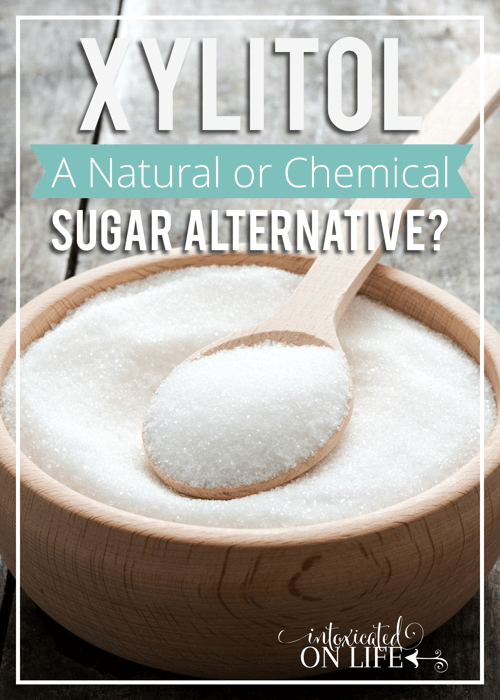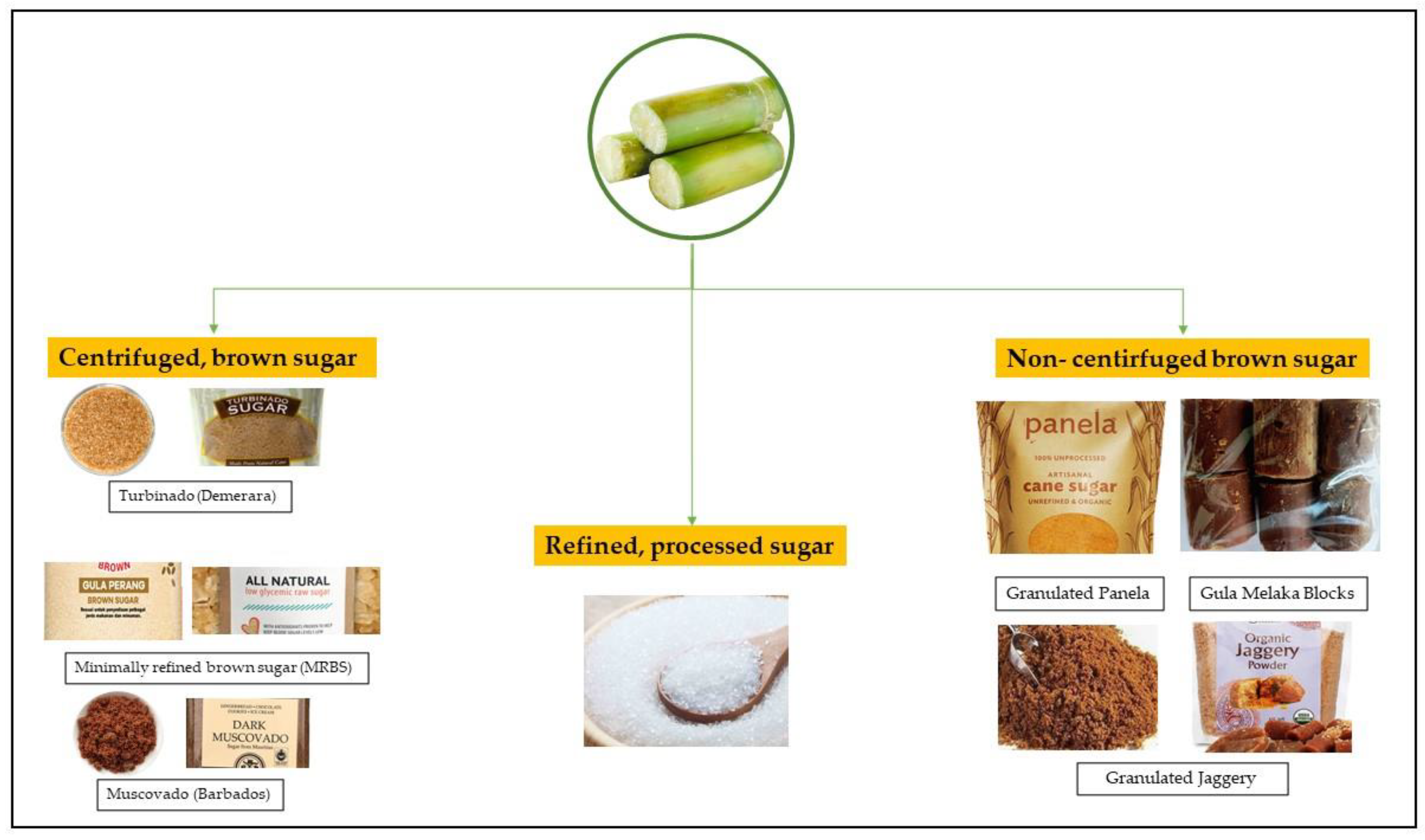Practical tips to reduce sugar chemicals in your diet
Practical tips to reduce sugar chemicals in your diet
Blog Article
Revealing the Truth Regarding Sugar Chemicals and Their Duty in Modern Diets
You may not realize exactly how sugar chemicals influence your diet plan and health. From the fast power increase of easy sugars to the slow-moving release of complicated ones, these differences issue. Hidden sugars in refined foods can spike your blood glucose, influencing everything from metabolic rate to state of mind. If you want to browse this sugar-laden globe more efficiently, recognizing these subtleties is necessary. What steps can you take to boost your choices?
The Various Kinds of Sugar Chemicals in Our Diet Plans
When you take a closer look at the numerous sugar chemicals in your diet plan, you'll discover that not all sugars are created equivalent. They can be extensively categorized right into simple and complex sugars.
Furthermore, sugar alcohols, such as xylitol and erythritol, offer sweet taste with less calories and less influence on blood sugar degrees, however they can cause gastrointestinal issues if eaten over. Comprehending these differences aids you make notified choices concerning what gas your body. By recognizing the kinds of sugar chemicals you take in, you can better handle your energy degrees and general health.
All-natural vs. Sweetening Agents: What's the Distinction?
Comprehending the sorts of sugar chemicals in your diet plan leads to a vital distinction in between natural and artificial sugar. Natural sweeteners, like honey and syrup, originated from plants and contain nutrients and anti-oxidants. They're minimally processed and often supply a more complicated flavor profile. On the various other hand, sweetening agents, such as aspartame and sucralose, are chemically synthesized and do not offer the exact same nutritional benefits. They're usually utilized in low-calorie items to replace sugar while preserving sweet taste.
While all-natural sweeteners can increase blood sugar level levels, they normally do so extra gradually. Sweetening agents, in contrast, can be much sweeter than sugar, typically leading you to hunger for even more sweets. It's important to review both options very carefully, as each has its benefits and drawbacks. Your choice can affect your general wellness and satisfaction with your diet plan, so evaluate them wisely.
The Impact of Sugar Chemicals on Metabolism
When you consume sugar chemicals, they trigger details metabolic paths that can influence exactly how your body procedures energy. You could see changes in your insulin response, which plays a necessary role in controling blood sugar level degrees. With time, these results can cause considerable long-lasting health consequences, making it important to recognize what you're placing right into your body.
Metabolic Pathways Explained
Although sugar chemicals may seem harmless in percentages, their effect on metabolism is extensive and complicated. When you consume sugars, your body damages them down right into glucose, which gas your cells. Excessive sugar consumption can overwhelm this process. You may discover that your liver converts the surplus right into fat, causing weight gain and other metabolic concerns. Sugar chemicals likewise disrupt your metabolic signaling paths, affecting just how successfully your body uses power. This interruption can lead to insulin resistance and various other problems with time. By comprehending these metabolic pathways, you can make even more informed selections regarding sugar intake, eventually sustaining a much healthier metabolic process and reducing the danger of chronic conditions.
Insulin Reaction Characteristics
As you take in sugar chemicals, your body activates a quick insulin feedback to manage the influx of sugar in your blood stream. When sugar enters your system, insulin aids transport sugar into your cells for energy. If you're frequently taking in high quantities of sugar chemicals, your body might have a hard time to maintain up.
Lasting Wellness Results
While the prompt results of consuming sugar chemicals are often noticeable, the long-term health consequences can be much more dangerous. With time, these chemicals can interrupt your metabolic process, causing insulin resistance and enhanced fat storage. You might locate that your body battles to refine sugars efficiently, ultimately contributing to weight gain and a greater danger of type 2 diabetes. Additionally, persistent usage can alter your gut microbiome, influencing your general digestion and nutrient absorption. This inequality might leave you feeling worn down and desire even more sugar. By recognizing these long-lasting impacts, you can make even more educated choices concerning your diet plan and take proactive actions to safeguard your metabolic wellness. It's never ever too late to begin prioritizing whole foods over refined options.
Sugar Chemicals and Their Results on Mood and Habits
When you eat sugar chemicals, you might not understand how they can affect your state of mind and behavior. These sugar can cause the release of dopamine, producing a short-term sensation of satisfaction and happiness. This high is typically adhered to by a crash, leaving you feeling cranky or distressed. You may observe that after a sweet treat, your energy degrees increase, but soon plunge, impacting your emphasis and mood.

Hidden Sugars in Processed Foods: What to Try to find
When you inspect dietary labels, you may be shocked by the amount of concealed sugars are hiding in refined foods. Familiarizing yourself with common sugar synonyms can help you spot these sneaky additives. By staying aware, you can make better selections for a much healthier diet regimen.
Usual Sugar Synonyms
Sugar prowls in lots of refined foods under different names, making it necessary for you to understand what to try to find. When scanning component listings, keep an eye out for common sugar synonyms like high-fructose corn syrup, cane sugar, and corn syrup. You might also experience terms like sucrose, sugar, and fructose. Various other tricky names consist of maltose, dextrose, and agave nectar. Also components like honey and molasses pack a sweet strike. Don't forget vaporized walking stick juice and fruit juice concentrates, which frequently appear much healthier yet still add to your sugar intake. Understanding these terms equips you to make educated options and avoid surprise sugars that can derail your dietary goals. Remain attentive, and check out those tags carefully!
Nutritional Label Understanding

Checking out dietary labels is essential for identifying hidden sugars in refined foods. When you check the components checklist, search for terms like high fructose corn syrup, walking stick sugar, and any kind of syrup or sugar. These add unnecessary sugars that can rapidly enhance your daily intake. Take note of the overall sugars and sugarcoated sections on the label, as they give you a clear photo of what you're eating. Keep in mind, also apparently healthy items like yogurt and granola can hide extreme sugars. You must additionally keep an eye out for natural-sounding ingredients, which can be misleading. By being label-savvy, you can make educated options, minimize your sugar consumption, and far better handle your wellness. Do not click this link underestimate the power of awareness!
The Duty of Sugar Chemicals in Weight Monitoring
Although lots of people take pleasure in wonderful treats, the impact of sugar chemicals on weight management can why not find out more be intricate and shocking. When you eat sweet foods, especially those with added sugar chemicals, your body can respond differently than with all-natural sugars. These chemicals usually bring about fast spikes in blood glucose, which can set off cravings and increased cravings. Because of this, you may find on your own grabbing even more snacks throughout the day.

It's important to recognize how these sugar chemicals operate in your body. By recognizing their results, you can navigate your dietary choices more properly, inevitably supporting your weight management objectives.
Making Educated Choices: Tips for Reducing Sugar Consumption
Comprehending the effects of sugar chemicals on your body can encourage you to make much healthier dietary choices. Beginning by checking out food labels-- seek concealed sugars like high fructose corn syrup and walking stick sugar, which can sneak right into your meals. When you're grocery store buying, select entire foods such as fruits, vegetables, and grains as opposed to processed treats.
Integrate all-natural sweeteners like honey or syrup in moderation, and experiment with seasonings like cinnamon to improve flavor without sugarcoated. If you drink sweet drinks, switch them for water, organic teas, or carbonated water with a dash of lemon.
Lastly, remain conscious of portion dimensions when delighting in treats. Reducing sugar isn't about deprival; it has to do with making aware choices. By implementing these tips, you'll not just lower your sugar consumption however likewise boost your total health and well-being.
Regularly Asked Concerns
Can Sugar Chemicals Reason Long-Term Health Issue?
Yes, sugar chemicals can add to long-term illness. They're linked to weight problems, diabetes mellitus, and heart problem (sugar chemicals). You ought to bear in mind your consumption and pick much healthier alternatives to safeguard your general health and wellness
Are All Sugar Chemicals Just As Harmful?

Just How Do Sugar Chemicals Affect Kid Differently?
Sugar chemicals can affect youngsters more intensely, impacting their energy degrees, state of mind, and actions. You could notice they experience hyperactivity or problem focusing, as their establishing bodies react in different ways contrasted to grownups when eating these substances.
Is There a Safe Quantity of Sugar Chemicals to Eat?
You can enjoy sugar chemicals in moderation, but it's best to restrict consumption. Way too much can result in health and wellness problems. Constantly inspect tags and go for a balanced diet plan to maintain overall well-being.
What Are the Symptoms of Sugar Chemical Intolerance?
If you have sugar chemical intolerance, you could experience symptoms like bloating, headaches, fatigue, digestive issues, or skin reactions. It's vital to take notice of your body and seek advice from a medical care professional for guidance.
Report this page